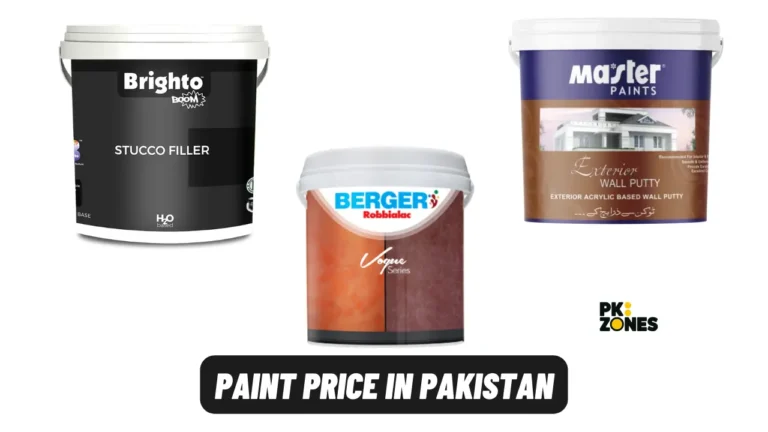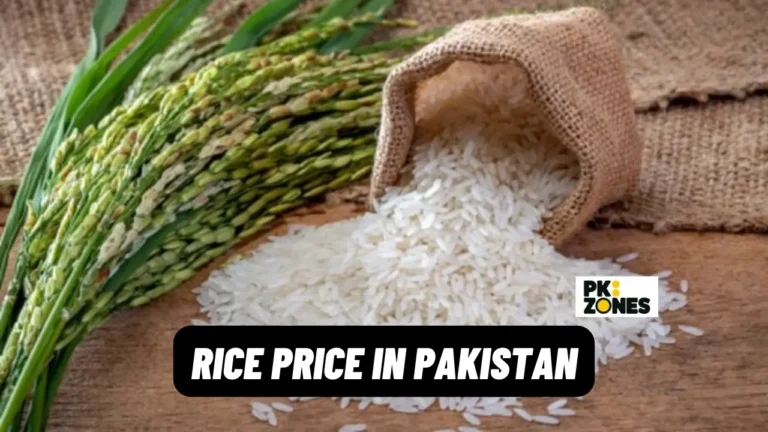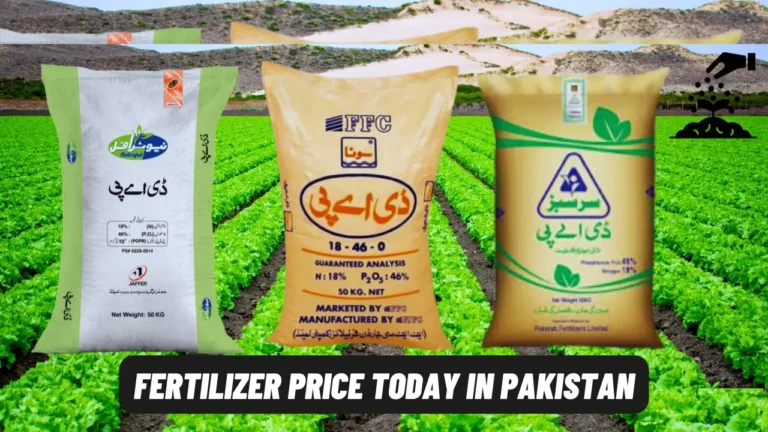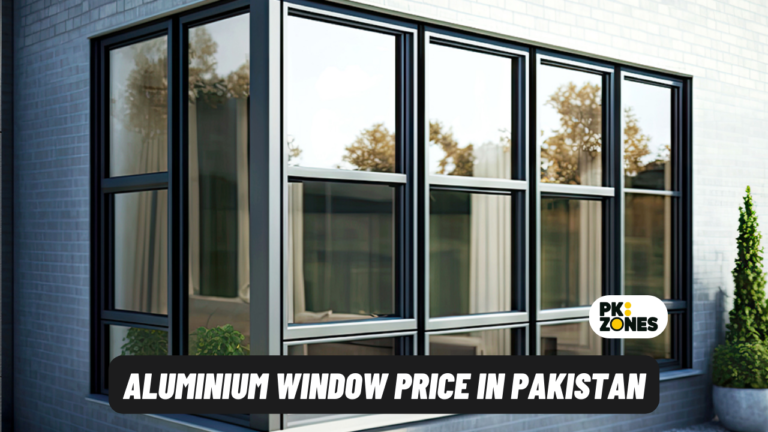Metal Scrap Rate in Pakistan: Trends, Prices, and Predictions
The metal scrap rate in Pakistan fluctuates frequently, with prices ranging from Rs. 180 to Rs. 190 per kg. These rates impact various industries that rely on recycled metals, from construction to manufacturing.
Scrap metal supports Pakistan’s economy and recycling industry by creating jobs and reducing the need for raw imports. This practice also conserves resources, making it essential for sustainable growth.
Understanding Metal Scrap: Definition and Types
Metal scrap consists of discarded metal materials that can be recycled and used in new products. This helps reduce the environmental impact and minimizes demand for newly mined metals.
Ferrous Metals: Contain iron; includes metals like steel and cast iron.
Non-Ferrous Metals: Lack of iron content; includes copper, brass, aluminum, etc.
Common metal scraps in Pakistan:
- Copper
- Brass
- Silver
- Iron
Current Metal Scrap Prices in Pakistan
Metal Scrap Rate
| Metal Scrap Type | Price (Rs. per kg) |
|---|---|
| Copper | Rs. 2370-2380 |
| Brass | Rs. 1570-1580 |
| Silver | Rs. 525-530 |
| Hard Silver | Rs. 500-510 |
| Compressor | Rs. 380-385 |
| Battery | Rs. 350-360 |
| Max Steel | Rs. 210-220 |
| Pepsi Dabba | Rs. 440-450 |
Also Read: Gold Price in Pakistan
Factors Influencing Metal Scrap Rates in Pakistan
Several key factors shape the metal scrap rates in Pakistan, affecting both supply and demand in the market.
- Market Demand and Supply: Prices vary with the balance of scrap availability and industrial demand; high demand with low supply raises prices, while excess supply can lower them.
- Impact of Global Metal Prices and Exchange Rates: Local scrap rates are tied to international prices, and fluctuations in global markets and currency exchange rates can cause significant price changes.
- Effect of Government Policies and Import/Export Restrictions: Regulations, including import taxes and export restrictions, directly impact scrap prices by influencing metal availability in the market.
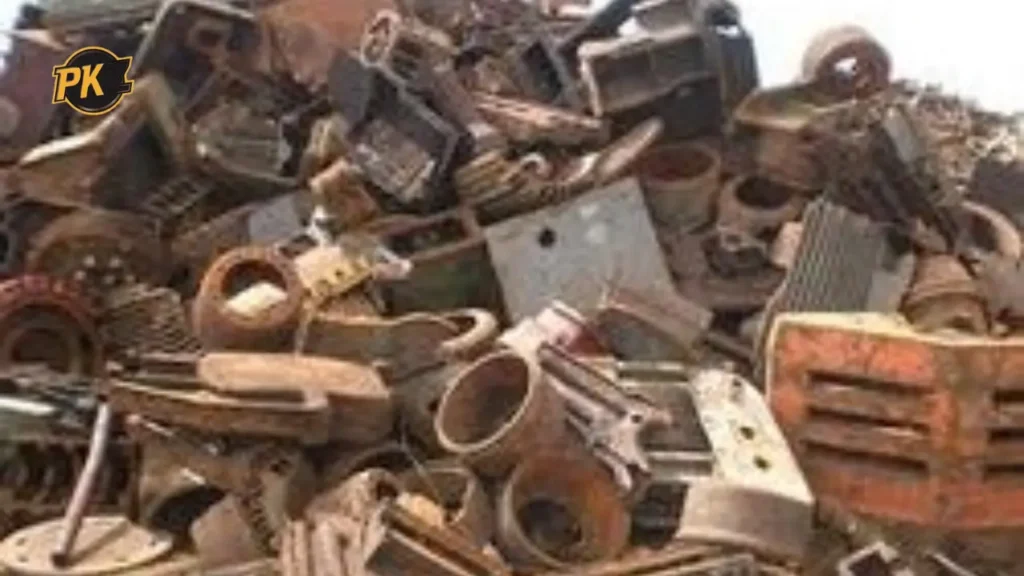
Importance of Metal Scrap in Pakistan’s Economy
Metal scrap significantly contributes to the recycling industry in Pakistan, turning waste into valuable resources. By recycling metals, the country reduces its reliance on imported raw materials, promoting a circular economy that benefits various sectors.
Additionally, the scrap metal industry supports sustainable waste management by reducing landfill waste and pollution. It creates economic opportunities for both small and large businesses, leading to job creation and improved livelihoods in communities.
Challenges in the Metal Scrap Industry
The metal scrap industry in Pakistan faces several challenges that hinder its growth and efficiency. These issues range from market volatility to a lack of infrastructure.
- Price Volatility: Fluctuations in global metal prices create uncertainty for buyers and sellers, complicating business planning.
- Limited Awareness: There is a general lack of awareness about the benefits of recycling, which affects participation in the scrap market.
- Inadequate Infrastructure: Poor infrastructure for the collection and processing of scrap metal limits the industry’s potential for growth.
- Regulatory Issues: Complex regulations and inconsistent government policies can create barriers to business operations and investment.
- Competition from Informal Sector: The presence of unregulated scrap dealers can undermine prices and create unfair competition for legitimate businesses.
Also Read: Rotavator Price in Pakistan
Overall Conclusion
In conclusion, the metal scrap rate in Pakistan is influenced by various factors, including market dynamics and global trends. Understanding these elements can help businesses make informed decisions in a fluctuating environment.
As the industry continues to evolve, embracing sustainable practices and addressing existing challenges will be crucial for growth. This approach not only enhances economic opportunities but also promotes environmental sustainability in Pakistan.

